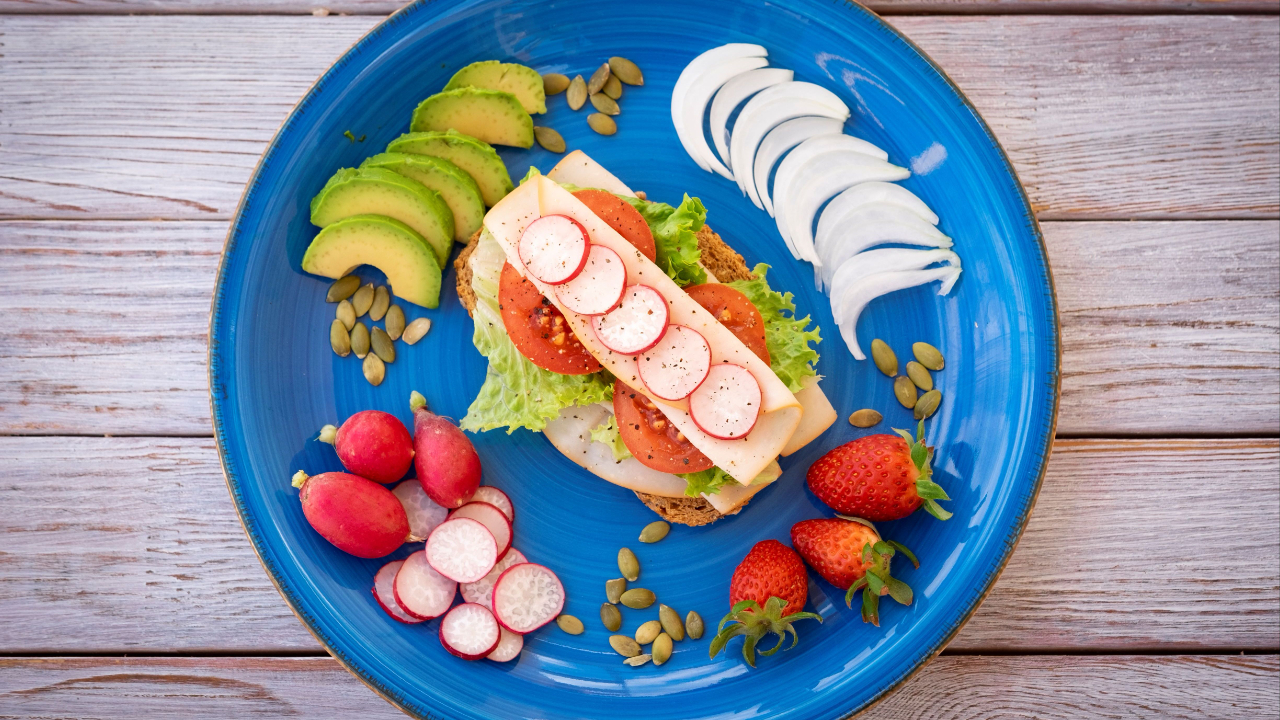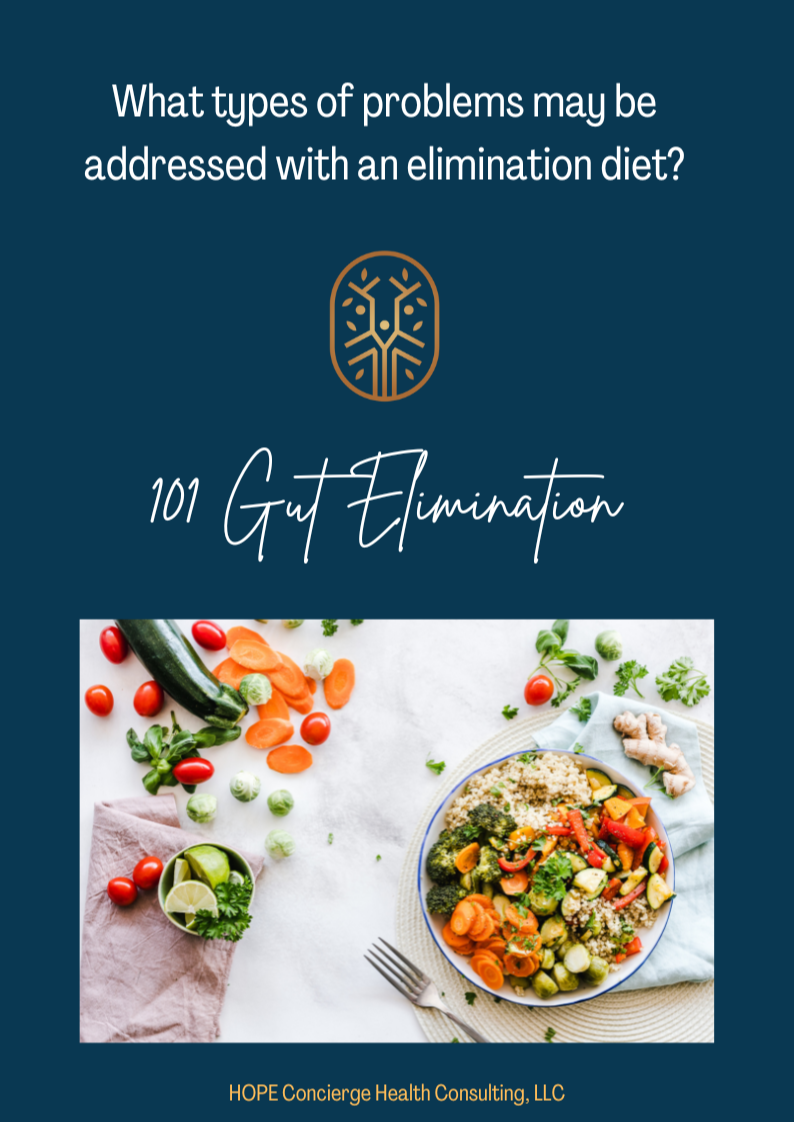
Non-Medical Weight Loss Advise
I am a holistic Nurse Practitioner, and I feel the medical weight loss medications are amazing pharmaceuticals out there, but they come with side effects, and for sure are not for everyone. I way the risk and benefit with every treatment I recommend to people, and for many, the risk vs. benefit doesn't always add up with this weight loss drugs. We are programed to want quick fixes and have a mindset it is easier to take a chemical then change our behaviors- because let's face it- it is really hard to recognize our faults.
As I want to encourage and educate people in a way that allows them to make their best decision for themselves, if non-medical weight loss education is what you are seeking, then here are some very basic recommendations on how to start this journey.
Here’s a practical guide for a non-medical approach- meaning natural and lifestyle-based approach, that focuses on diet and exercise tips to support healthy weight loss, focused on sustainability and overall well-being—no pills, injections, surgery, or fads.
🍎 Nonmedical Weight Loss: Diet Tips
1. Eat Mostly Whole, Minimally Processed Foods
-
Focus on veggies, fruits, lean proteins, whole grains, and healthy fats.
-
Avoid ultra-processed snacks, sugary drinks, and fried foods.
- Do not restrict yourself entirely of carbohydrates and fruits.
2. Control Portions Without Obsessing
-
Use the “plate method”: I use this teaching with my diabetic patients and with EVERYONE because it is so easy to visualize a plate
-
½ plate non-starchy veggies
-
¼ plate lean protein (about the size of your closed fist)
-
¼ plate whole grains or starchy veggies (about the size of your closed fist)
- Fruits can be a serving of the inside of your palm, I light berries as they are lower in glycemic index (sugar) and are high in antioxidants which helps with cell health and cell healing/turnover and reduces free-radicals.
-
-
Eat until 80% full, not stuffed, and Drink water and take sips of water between bites, eat slower and enjoy the texture, aroma, and flavor of your food.
- I am everything in life in moderation and not deprivation.
3. Add Protein to Every Meal
-
Helps you feel full longer and preserve muscle while losing fat.
-
Great options: Lean is ideal-chicken, fish, tofu, legumes, eggs, Greek yogurt, protein shakes (if needed).
- Goal for 80-100 grams of protein per day
4. Hydrate—Don’t Mistake Thirst for Hunger
-
Drink water before meals and throughout the day.
-
Limit sugary drinks, alcohol, and excessive caffeine.
5. Practice Mindful Eating
-
Eat slowly, chew thoroughly, and avoid distractions.
-
You’ll eat less and enjoy your food more.
6. Limit Added Sugars and Refined Carbs
-
Swap white bread/pasta for whole grains.
-
Reduce candy, pastries, and sweetened beverages.
- I am not telling you to not enjoy your pasta, but moderation is key, there are also healthier pasta options to enjoy without the refined carbohydrate Ex. Chickpea/Brown rice/Lentil Pastas.
🏋️♂️ Nonmedical Weight Loss: Exercise Tips
1. Start with What You’ll Stick To
-
Walking, dancing, swimming, cycling—choose activities you enjoy and try to be consistent, it takes time to build a habit, do not go in hard and fast, you usually will not sustain this behavior for more than 4 weeks. Be mindful of how you schedule this change, enjoy it, feel the benefits then increase your routine if you are ready to.
-
Aim for 150–300 minutes/week of moderate activity.
2. Incorporate Strength Training
-
Build lean muscle to burn more calories at rest.
-
Use bodyweight (push-ups, squats), resistance bands, or weights 2–3x/week.
3. Add Movement Throughout the Day
-
Take stairs, walk after meals, stand more, stretch in short breaks.
-
Little bursts of movement add up (NEAT: Non-Exercise Activity Thermogenesis).
4. Be Consistent, Not Perfect!!!
-
20 minutes daily is more effective than 2-hour weekend binges.
-
Build a schedule you can keep long term.
5. Track Progress Without Obsessing Over the Scale
-
Track energy, clothes fit, body measurements, and mood.
-
Use a journal or app to monitor workouts, habits, or food intake.
🌱 Bonus Lifestyle Tips
-
Sleep 7–9 hours/night — poor sleep increases cravings and stress.
-
Manage stress — chronic stress raises cortisol, which promotes fat storage.
-
Set SMART goals — Specific, Measurable, Achievable, Relevant, Time-bound= Long Term Success!
-
Find a support system — partner, group, or coach can help with accountability. I am here if you need help, need a personalized approach to your journey!
Thanks for reading!
Cheers,
Katie

